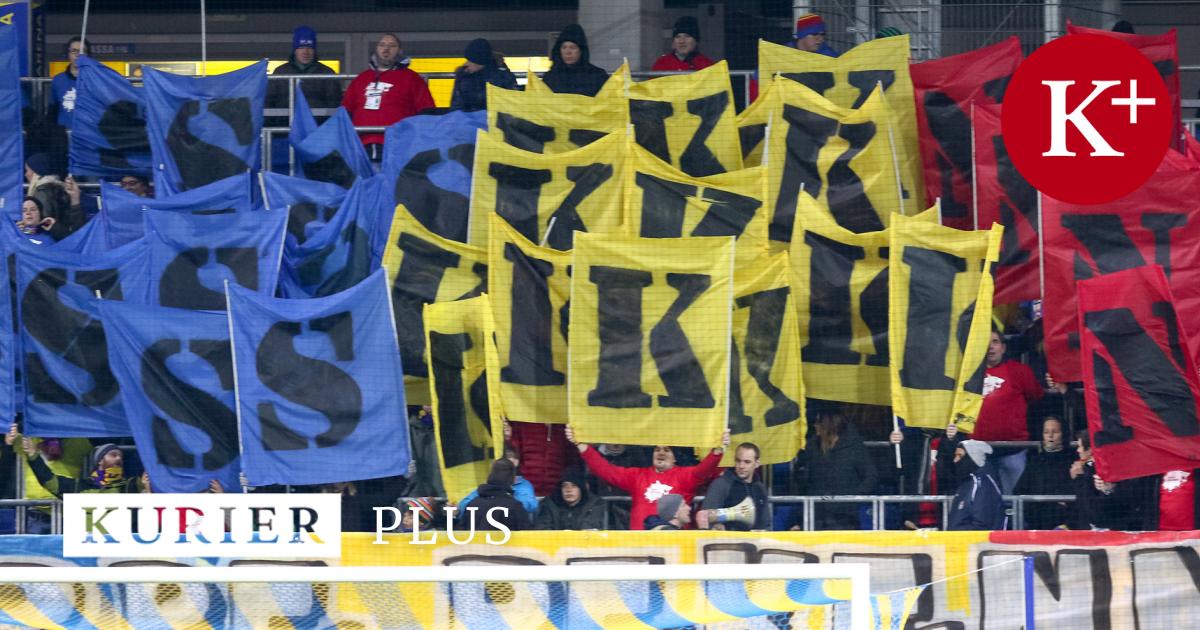intrepid
“Most of the time someone sees it” and “free removal” gets expensive
“Free takeaway” falls under the rubbish. Waste investigators and waste inspectors travel to Basel for this purpose. They track down and punish those responsible.
published
Even if you get lucky from time to time and find real roadside treasure, the quality of the items is mostly questionable.
20 minutes / Jean Dutoit
Books and Mattresses Sidewalk Exchange Classics. But once you put something on the commons, it’s illegal.
20 minutes / Jean Dutoit
In Basel, this phenomenon occurs more frequently in the district of Mateus. It has not been proven whether this has something to do with the higher population density or the lower average taxable income.
20 minutes / Jean Dutoit
Do you want a sofa? It’s free to take it away. Disposing of bulky goods and e-waste on the sidewalk is illegal, although in Basel one bumps into junk labeled “Free to Take It Away” alibi.
20 minutes / Jean Dutoit
That’s what it’s about
-
A sign reading “Free Take away” is not protection against a fine for disposal of waste in public places.
-
Once something is on the sidewalk, it is in the commons, which can result in a fine of up to 200 francs.
-
However, this phenomenon occurs frequently in Basel, particularly in the poorest district of the city.
A stack of old DVDs, a box of discarded odds and ends or a full couch, next to a note that says “Take Away Free.” Views like this are often encountered on the sidewalks of Basel. What many people don’t know is that this is forbidden by the Basel City waste collection law. The sidewalk is part of the commons, i.e. public space. If you leave things you no longer want in there, you are dumping your waste illegally.
People often turn a blind eye, as evidenced by the current issue of “Basilea Info”, the personnel magazine of the Basel Cantonal Police. But at the latest when it comes to sofas or mattresses in public spaces, waste inspectors and waste investigators from the Bureau of Environment and Energy become active. with a fine of 200 francs. Such a fine for illegal dumping was issued 288 times last year, Like statistics Basel Office for Environment and Energy.
Front runner Matheus Quartier
“By checking with residents or with the property management,” waste investigators can find out who owns a sofa that has been dumped into the wild, Matthias Nebholz, head of the Environment and Energy Office, explains. “Usually someone notices who revealed what,” explains Nebholz.
“We meet almost everything imaginable and also unimaginable,” he says. These are often items for which an early disposal fee was paid when they were purchased, such as electrical appliances. Nebholz explains that they can be handed in for free at any specialty store and then put back into the recycling system.
Last year alone, waste controllers and waste inspectors identified 3,960 so-called illegal waste dumps. In 1,803 cases, they were just bulky goods and electrical appliances, that is, the typical things advertised for free on the roadside to be towed away, not household rubbish. The Matthäus neighborhood of Kleinbasel has been a hotspot for this for years.
“If something is on hand, it is important whether it is good and the items are still usable,” explains Matthias Nebholz, “whether it is clear that waste is being disposed of there.” In the first case, the person will be notified of this and asked to put the offered items on private property. You are allowed to present your items in your front yard or on the small wall separating them from the public space.
Strikingly: The lower the median taxable income in a neighborhood, the more often illegal land dumping. Population density also seems to be linked to the phenomenon of illegal dumping. The three stats overlap in the Mateuss area. It has the highest population density by far, the lowest median taxable income and the most illegal dumps. However, it is not clear if these factors are really related. The Office of Environment and Energy did not comment on this when asked.
Activate the batch puzzle now!
With the 20-minute “Basel push”, you can have news and stories transmitted in northwestern Switzerland to your mobile phone in a jiffy.
And this is how it works: In the 20 Minutes app, tap the “Cockpit” in the bottom-right corner. There on “Notifications” and then “Next”. Then check “Puzzle” for regions, type “Next” again and then “Confirm”. there he is!

“Tv expert. Hardcore creator. Extreme music fan. Lifelong twitter geek. Certified travel enthusiast. Baconaholic. Pop culture nerd. Reader. Freelance student.”






More Stories
America's battle against inflation may soon end in recession
Current Legal Situation – Former CS Chiefs Are Allowed to Retain Bonuses – News
Experts say the US Federal Reserve must now push the economy into recession